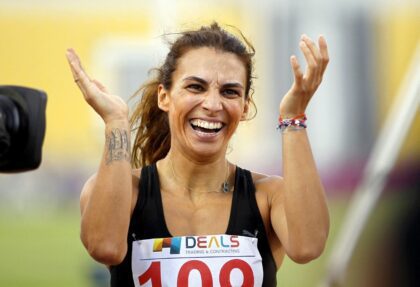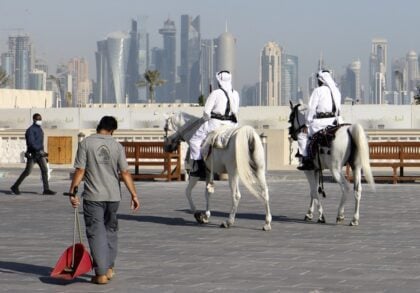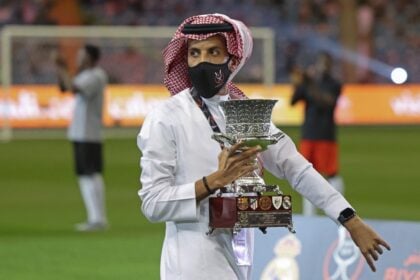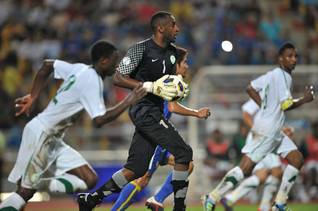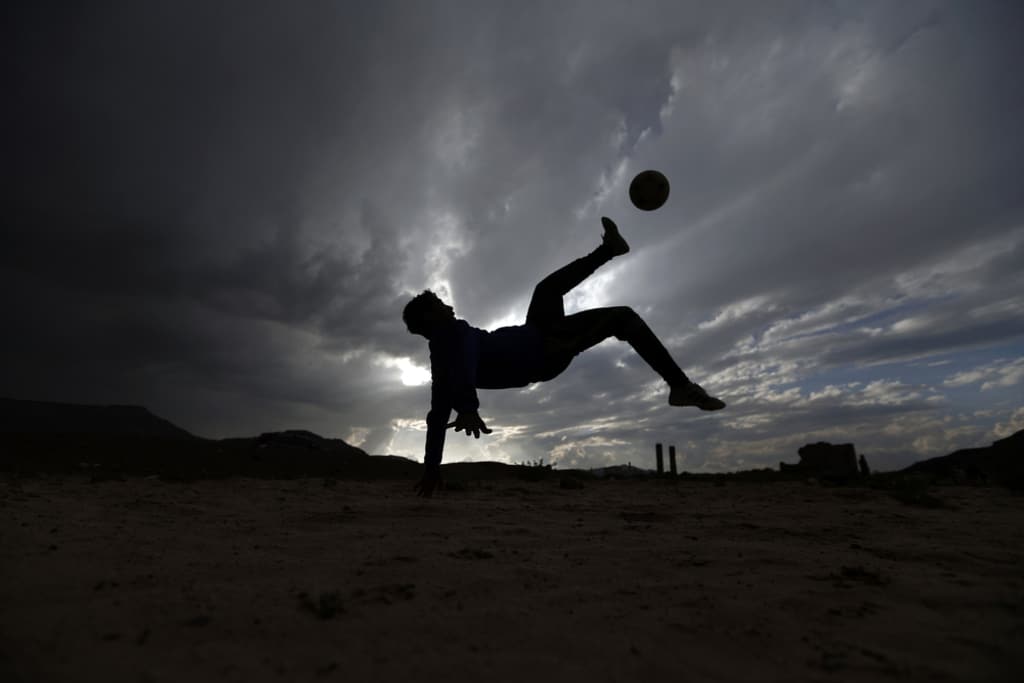
Introduction
International and Intercontinental sports institutions try to retain as much independence as possible from governments’ intervention. Despite that, sports activities remain as one of the tools used in the political game in some countries around the globe.
The relation between sport and politics depends on the nature of a country’s current political regime. Authoritarian regimes and dictatorships often exercise a kind of control over sports activities or even monopolize them to serve their political interests.
In the Middle East and North Africa region, which is full of political conflicts and is poor when it comes to democracy; sports played both internally and externally an effective political role to a considerable extent. Fanack provides in this special file a comprehensive overview about the complex ties between politics and sports in the region.
To give an example, most of the Arab countries exercised political pressure using sports in their conflict with Israel, being an entity occupying Palestinian territories. These countries prevented their athletes from confronting Israeli athletes in international forums, whether in individual or team sports. The boycott decisions might be taken by the sports federation itself. Sometimes it is an individual decision taken by athletes or teams, based on political backgrounds.
Based on the same background, the Israeli flag was displayed on Arab soil in forums other than sports. This took place despite the popular discontent incited by some political powers who put land before peace. These political powers considered this strong Israeli presence in sports as the beginning of a free political normalization; a process that has started to bear its fruits as of recently in the context of what was termed as the New Middle East.
On a local level, the “Ultras” groups or sports club fan associations have become an inseparable part of the Egyptian political sphere since the 25th of January revolution in 2011. They even had attempts and clashes with security forces in Egypt to exercise pressure on the consecutive governments, aiming to meet their demands of political freedom and participation.
In addition, Ultras groups in Morocco are considered a symbol for the youth searching for better life opportunities. They are also platforms to express the fears of a marginalized generation that doesn’t see any safe horizon to meet its future needs. The ultras became a springboard for songs and chants expressing the hopes of these marginalized people.
More than one country was exposed to sanctions as a result of the state intervening in sports. For instance; FIFA suspended the Kuwaiti Federation‘s membership in October 2015 over the conflict between the local Kuwaiti rules with these of FIFA. According to FIFA regulations, independence of Member Federations’ decision from the interference of any third party should be emphasized. Thence, FIFA deemed the Kuwaiti government’s intervention in the Kuwaiti Federations affairs as unacceptable.
On another domain, Iran was officially denied any competition in any of the International Judo Federation tournaments. Iran’s activities were suspended in October 2019 after the head of the Iranian Judo Federation the athlete Saeid Mollaei to withdraw from the competition to avoid competing against the Israeli athlete Sagi Muki. The withdraw is claimed to be also directed by two other important Iranian sports officials.
Based on political backgrounds, international sports events turned into a new field of dispute between Saudi Arabia and Qatar, since Qatar reinforced their presence on the world of international football. This started by Qatar’s control over TV broadcast rights and ends by its win to host the World Cup in 2022.
Like its neighbors, The KSA seek to employ sports activities as diplomatic tools to gain international legitimacy. This includes taking a more positive stance towards women football and allowing women to attend sports events. All this in the hope that the Kingdom will become part of the international community through these activities.
Latest Publications
Below are the latest current affairs and in-depth publications on the relationship between sports and politics in the Middle East and Noth Africa region:


